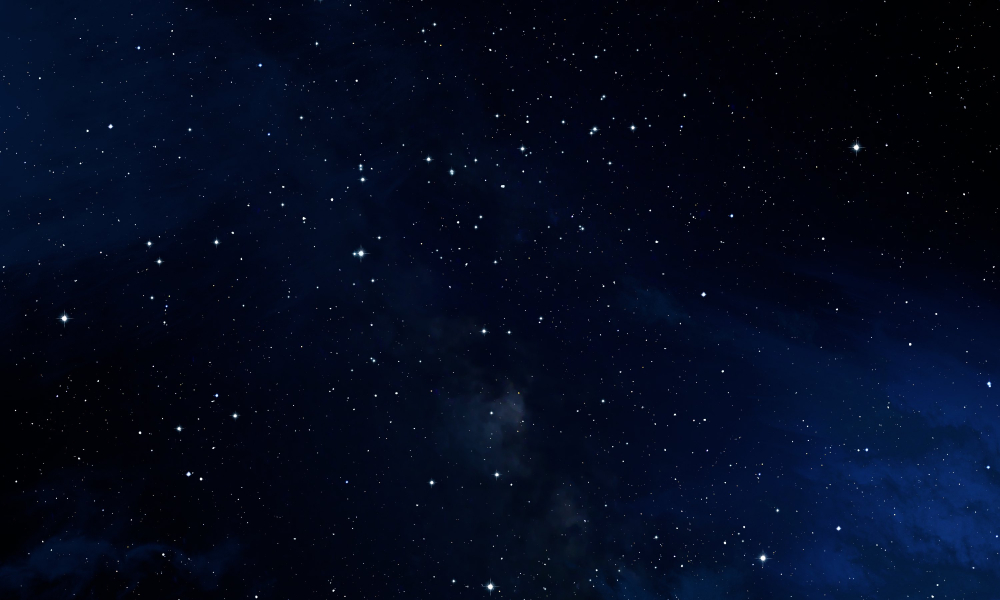
We live in a reality where very scary things can turn into very real things very quickly. Vacuum Decay is one of these things.
What is Vacuum Decay?
To summarise before I get into the details, Vacuum Decay is basically a bubble that expands at the speed of light in every direction, with new physics inside, and a wall of energy on the outside, re-writing physics and destroying everything in its path. Scary right?
The Specifics
Vacuum Decay is what happens when a false vacuum changes state into a more stable state. A false vacuum is a vacuum that is somewhat, but not entirely, stable. It may last for a very long time in that state, and might  eventually move to a more stable state. A false vacuum may only exist at a local minimum of energy and is therefore not stable, in contrast to a true vacuum, which exists at a global minimum and is stable. A false vacuum may be very long-lived, or metastable (it pretends to be stable). Imagine a ball in at the top of a valley, it has a lot of potential energy and like everything in the universe, it wants to get rid of that. So it falls down the valley to a lower potential energy state. Imagine the image to the left is a valley, and the ball has fallen from the top and settled in a smaller valley. (The part labelled false). Its “stable” there, but given the opportunity, it could and would get rid of more potential energy. (Fall into the “true” valley). If this was to happen, due to quantum tunnelling for example, the bubble discussed before would expand across the universe at the speed of light and wipe out everything. Not only would life be impossible, but chemistry as we know it would also be impossible.
eventually move to a more stable state. A false vacuum may only exist at a local minimum of energy and is therefore not stable, in contrast to a true vacuum, which exists at a global minimum and is stable. A false vacuum may be very long-lived, or metastable (it pretends to be stable). Imagine a ball in at the top of a valley, it has a lot of potential energy and like everything in the universe, it wants to get rid of that. So it falls down the valley to a lower potential energy state. Imagine the image to the left is a valley, and the ball has fallen from the top and settled in a smaller valley. (The part labelled false). Its “stable” there, but given the opportunity, it could and would get rid of more potential energy. (Fall into the “true” valley). If this was to happen, due to quantum tunnelling for example, the bubble discussed before would expand across the universe at the speed of light and wipe out everything. Not only would life be impossible, but chemistry as we know it would also be impossible.
The Odds
The odds of this happening are very slim, it’s predicted to happen once every trillion or so years, and there is only one “field” that is in a false vacuum, and that’s the Higgs field (which is responsible for giving everything it’s mass). And even if it did happen in a distant galaxy, light speed is relatively slow compared to the grand scale of the universe. So you can rest easy knowing that even if there was a massive extinction bubble heading our way, we’ll probably be long gone before it gets to us.





